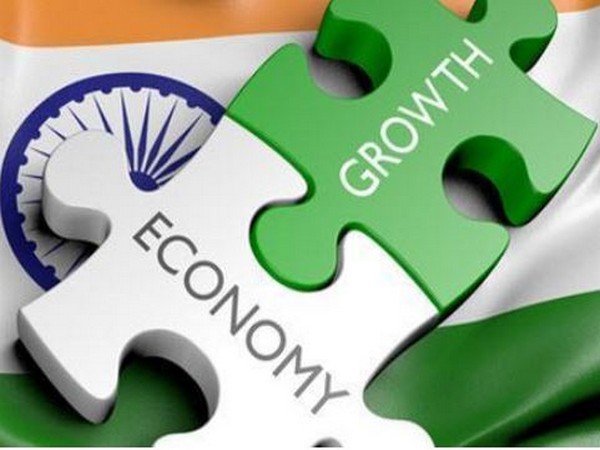
Following S&P Global, Morgan Stanley has adjusted its GDP growth forecast for the financial year 2024-25 (FY25) upwards to 6.8 per cent, compared to its previous estimate of 6.5 per cent. Additionally, the firm has revised its growth forecast for the ongoing financial year, FY24, to 7.9 per cent.
The revised projections reflect a positive outlook on India’s economic path, with Morgan Stanley emphasizing the nation’s resilience and stability during the current cycle. The firm expects a gradual easing cycle in monetary policy, driven by sustained growth in industrial and capital expenditure activities.
According to Morgan Stanley, the outlook for India’s GDP growth remains strong, with an anticipated growth rate of around 7 per cent in the fourth quarter of the financial year 2023-24 (QE Mar-24). This growth is expected to be widespread, with the gaps between rural-urban consumption and private-public capital expenditure narrowing in FY25.
The firm also predicts a favorable inflation trajectory, citing recent trends indicating a decrease in headline inflation. Notably, food inflation, a significant component of the CPI basket, has eased, alleviating concerns about supply-side disruptions. Additionally, core inflation has shown notable moderation, attributed to improvements in supply chains and subdued price pressures.
Looking ahead, Morgan Stanley foresees headline inflation averaging 4.5 per cent in FY25, down from 5.4 per cent in FY24, while core inflation is expected to remain subdued at 4.1 per cent. The firm anticipates a continuation of supply-chain normalization and reduced commodity price pressures, contributing to the disinflationary trend.
Despite the optimistic economic outlook, Morgan Stanley cautions about potential risks arising from global factors and domestic uncertainties. Challenges such as slower-than-expected global growth, elevated commodity prices, and tighter global financial conditions could impact India’s growth and macroeconomic stability. Domestically, factors like central elections and changes in the policy mix require close monitoring.